Related Research Articles

Jacob Ludwig Karl Grimm, also known as Ludwig Karl, was a German author, linguist, philologist, jurist, and folklorist. He formulated Grimm's law of linguistics, and was the co-author of the Deutsches Wörterbuch, the author of Deutsche Mythologie, and the editor of Grimms' Fairy Tales. He was the older brother of Wilhelm Grimm; together, they were the literary duo known as the Brothers Grimm.
In academia, a Festschrift is a book honoring a respected person, especially an academic, and presented during their lifetime. It generally takes the form of an edited volume, containing contributions from the honoree's colleagues, former pupils, and friends. Festschriften are often titled something like Essays in Honour of... or Essays Presented to....

August Böckh or Boeckh was a German classical scholar and antiquarian.
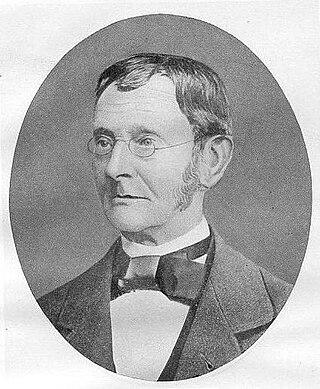
Franz Heinrich Ludolf Ahrens was a German philologist.
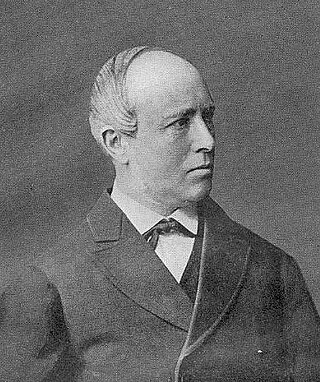
Georg Curtius was a German philologist and distinguished comparativist.

Ernst Alfred Cassirer was a German philosopher. Trained within the Neo-Kantian Marburg School, he initially followed his mentor Hermann Cohen in attempting to supply an idealistic philosophy of science.

Hermann Alfred Freiherr (Baron) von Gutschmid, German historian and Orientalist, was born at Loschwitz near Dresden.

Julius Pokorny was an Austrian-Czech linguist and scholar of the Celtic languages and of Celtic studies, particularly of the Irish language, and a supporter of Irish nationalism. He held academic posts in Austrian and German universities.
Bernhard Egidius Konrad ten Brink was a German philologist.
Friedrich W. Solmsen was a German-American philologist and professor of classical studies. He published nearly 150 books, monographs, scholarly articles, and reviews from the 1930s through the 1980s. Solmsen's work is characterized by a prevailing interest in the history of ideas. He was an influential scholar in the areas of Greek tragedy, particularly for his work on Aeschylus, and the philosophy of the physical world and its relation to the soul, especially the systems of Plato and Aristotle.
Ernst Wilhelm Oskar Windisch was a German classical philologist and comparative linguist who specialised in Sanskrit, Celtic and Indo-European studies.
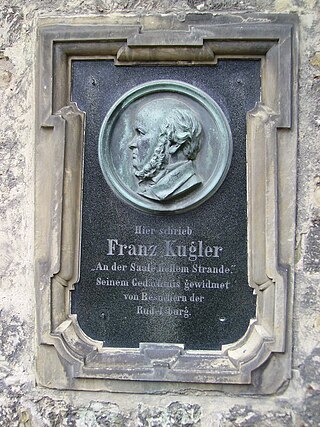
Franz Theodor Kugler was an art historian and cultural administrator for the Prussian state. He was the father of historian Bernhard von Kugler (1837-1898).
Theodor Wilhelm Braune was a German philologist and Germanist.
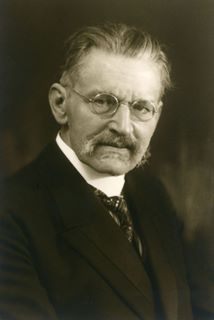
Richard August Reitzenstein was a German classical philologist and scholar of Ancient Greek religion, hermetism and Gnosticism. He is described by Kurt Rudolph as “one of the most stimulating Gnostic scholars.” With Wilhelm Bousset, he was one of the major figures of the Religionsgeschichtliche Schule.
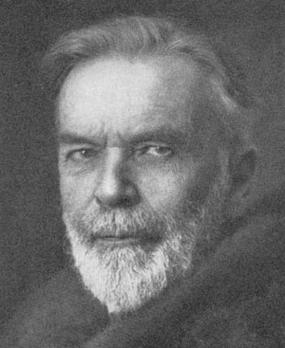
Wilhelm Ludwig Geiger was a German Orientalist in the fields of Indo-Iranian languages and the history of Iran and Sri Lanka. He was known as a specialist in Pali, Sinhala language and the Dhivehi language of the Maldives. He is especially known for his work on the Sri Lankan chronicles Mahāvaṃsa and Cūlavaṃsa and made critical editions of the Pali text and English translations with the help of assistant translators.
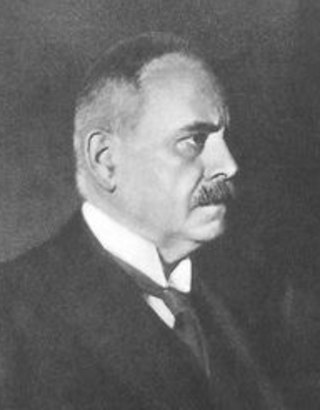
Heinrich Lüders was a German Orientalist and Indologist known for his epigraphical analysis of the Sanskrit Turfan fragmentary manuscripts.
Friedrich Heinrich Christian Lübker was a German educator and philologist.
Klaus Döring is a German classical philologist and philosophical historian.

Herbert Schendl is professor and chair emeritus for English historical linguistics at the department of English and American studies at the University of Vienna. He has been the fourth "Luick"-Chair and a major proponent of the Vienna School of English Historical Linguisitics.
Manfred Markus, is a German-Austrian linguist and university professor. He has been professor emeritus since 2009.
References
- ↑ Walter Burkert, Kleine Schriften (Göttingen 2001, multi-volume series in continuing publication).
- ↑ Friedrich Solmsen, Kleine Schriften, 3 vols. (Hildesheim 1968–1982).
- ↑ Ernst A. Ebbinghaus, Gotica: kleine Schriften zur gotischen Philologie, edited by Piergiuseppe Scardigli and Wolfgang Meid (Innsbrück: Institut für Sprachen und Literaturen der Universität Innsbrück, 2003). ISBN 3851246896